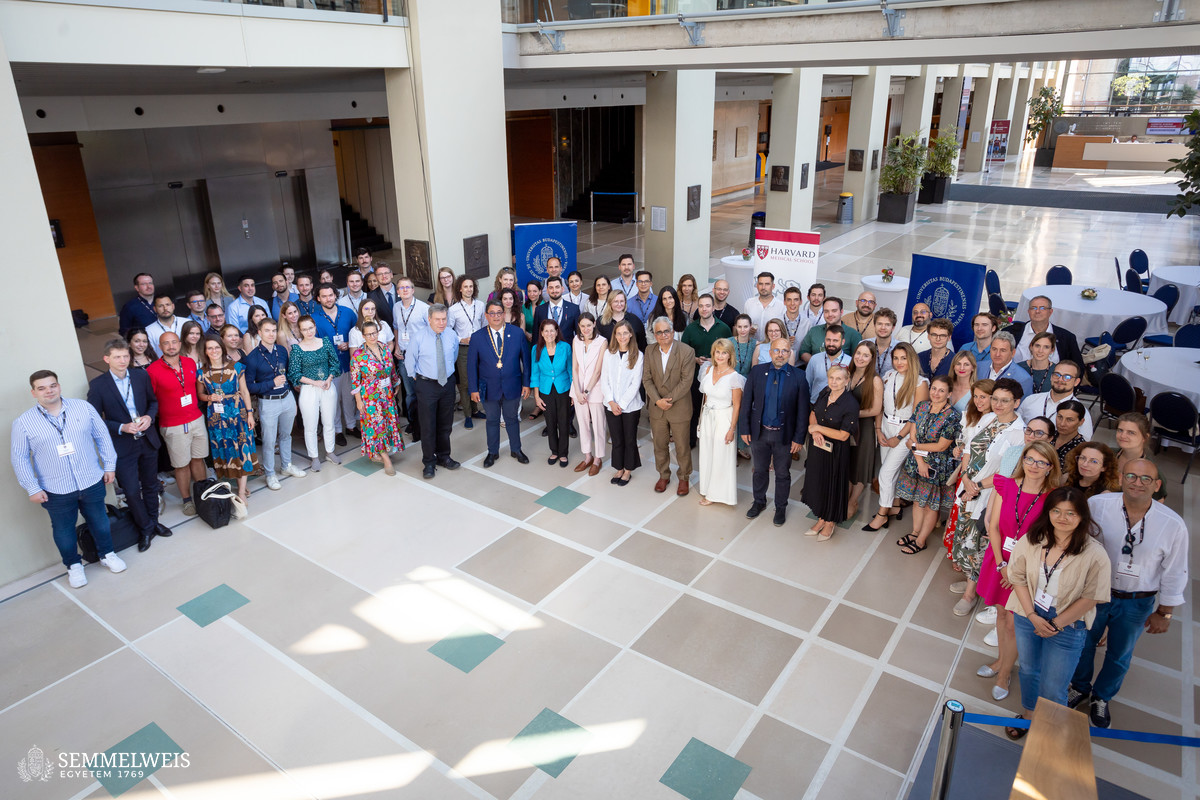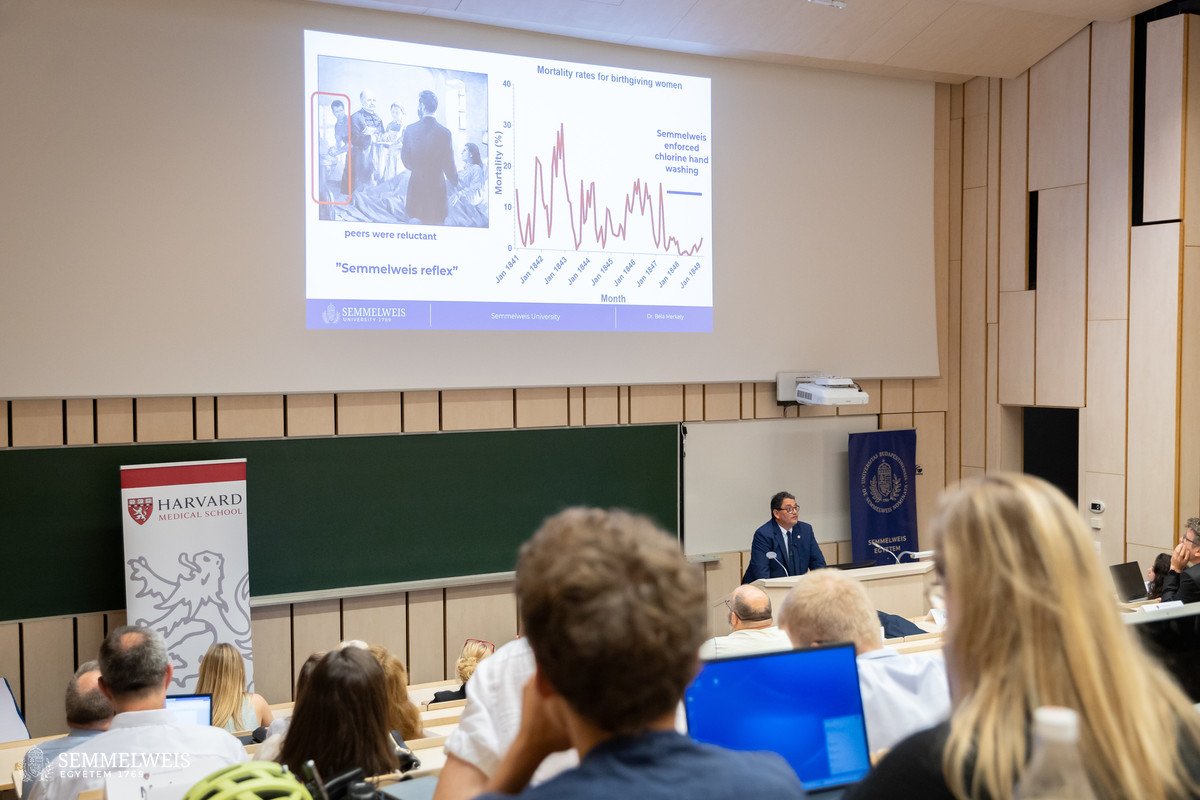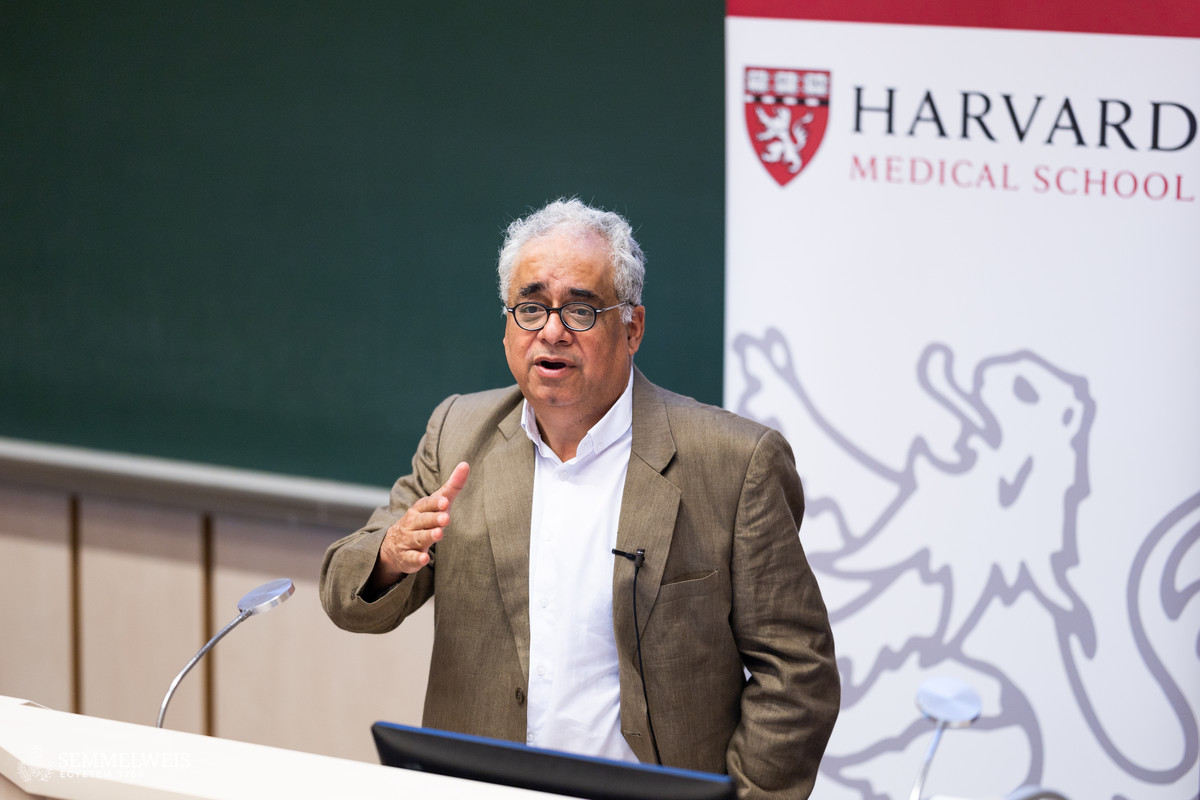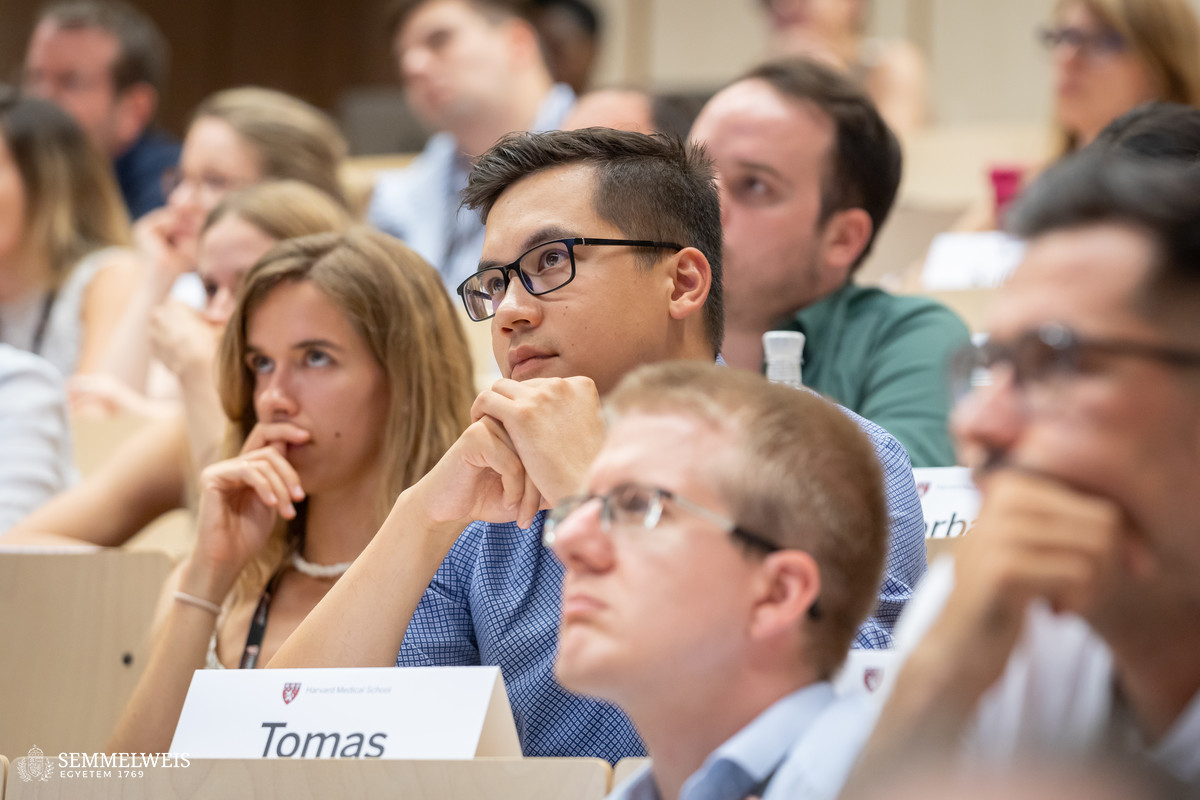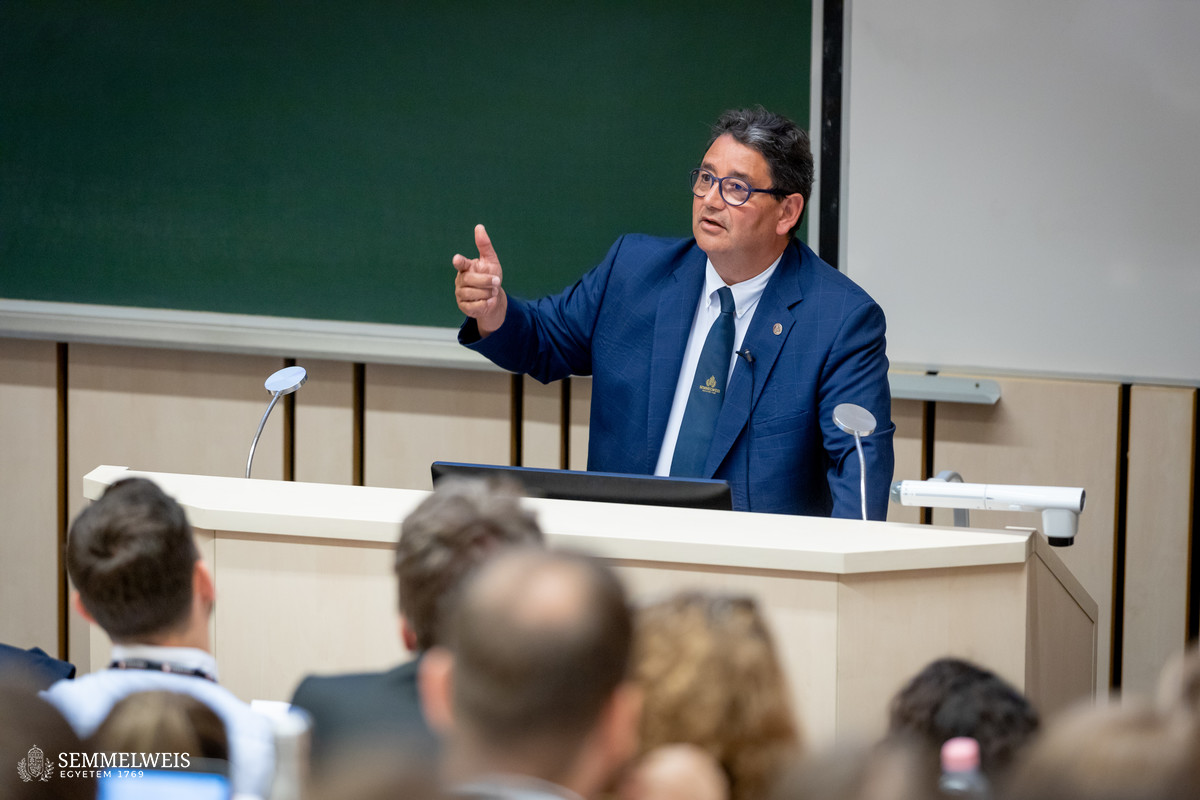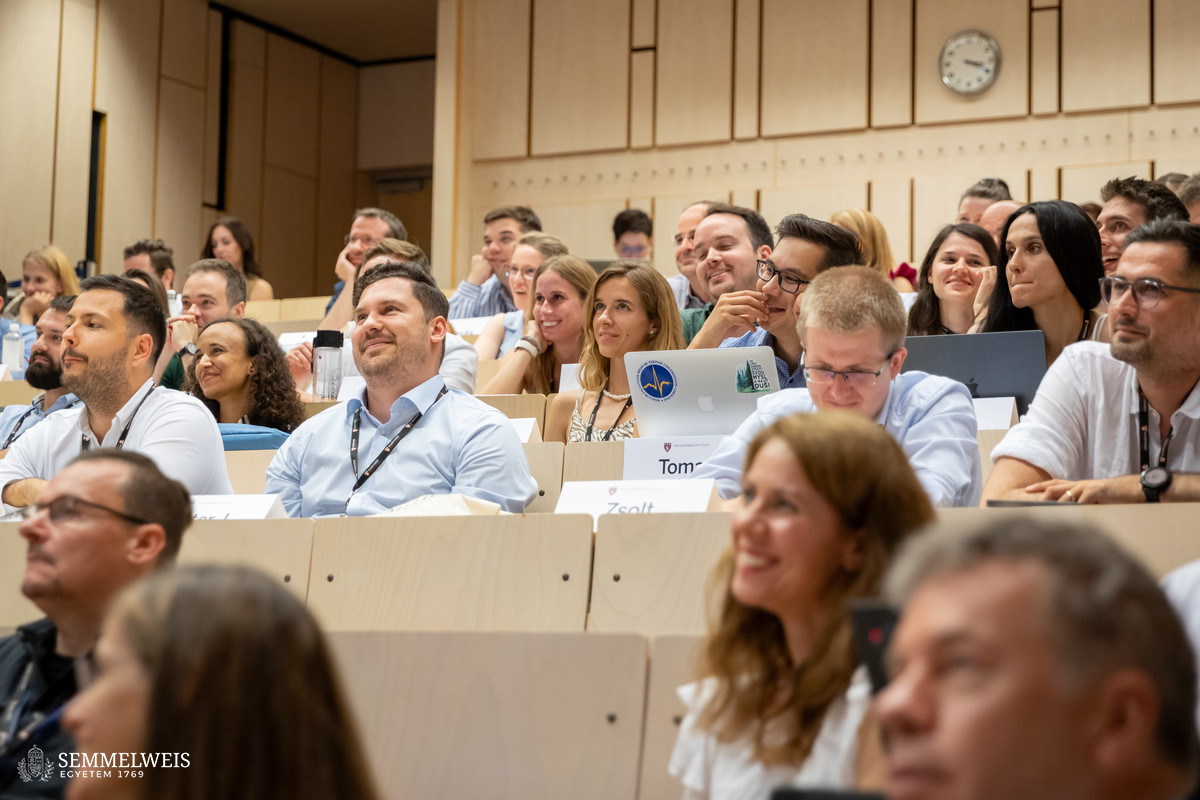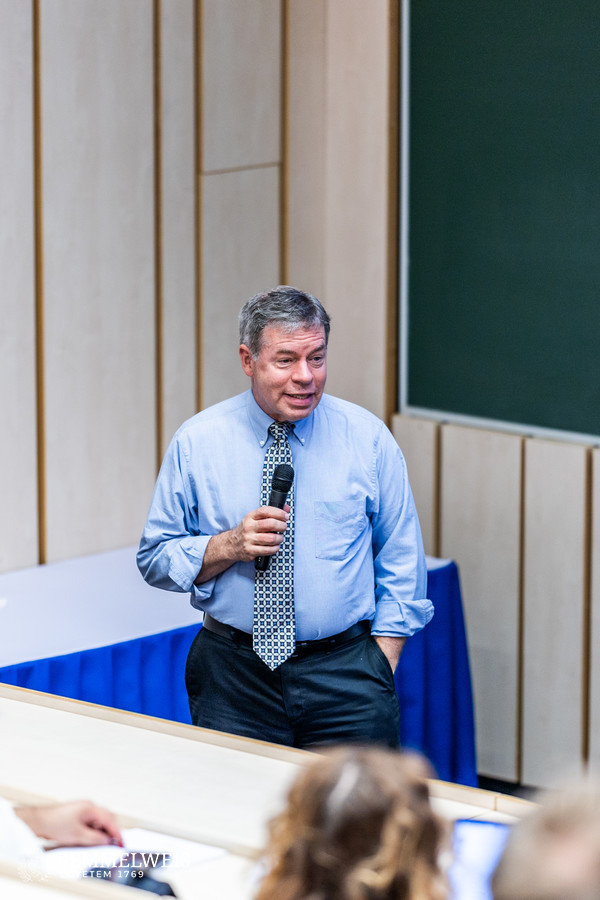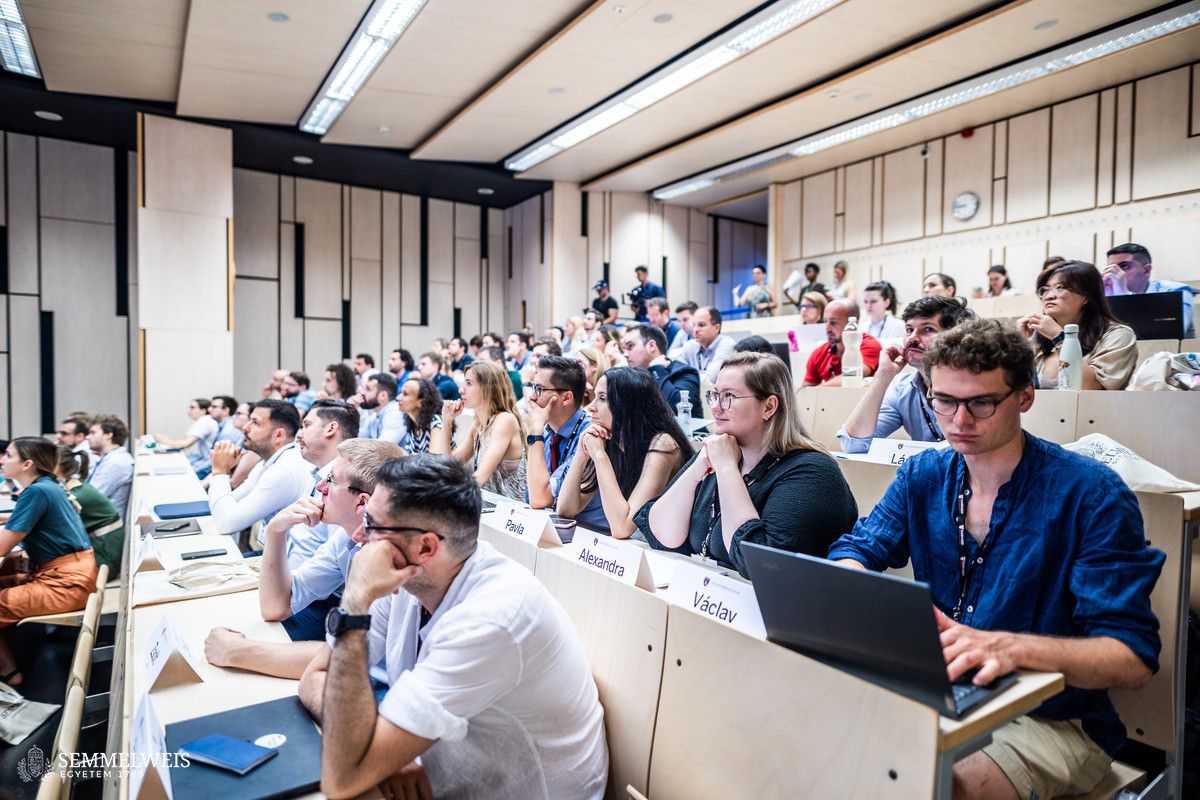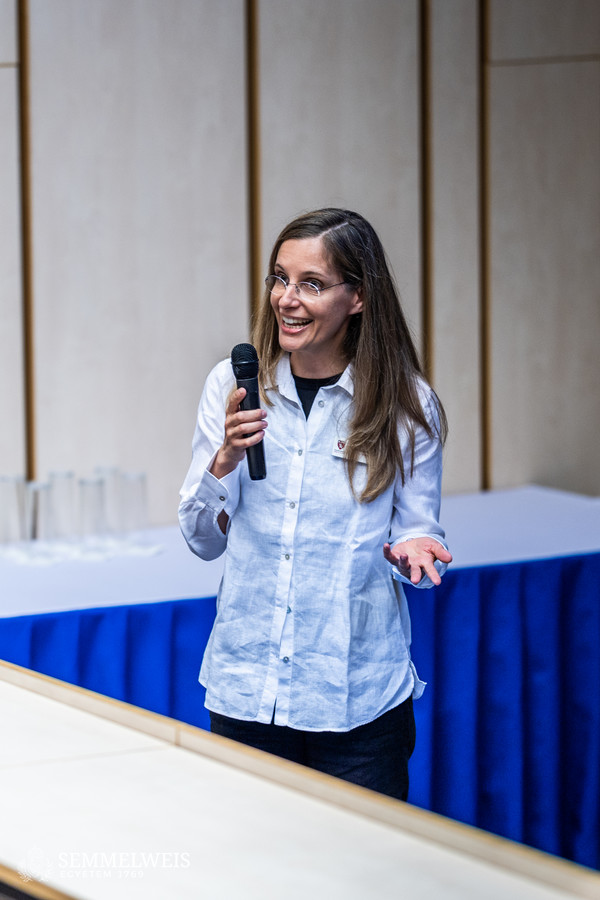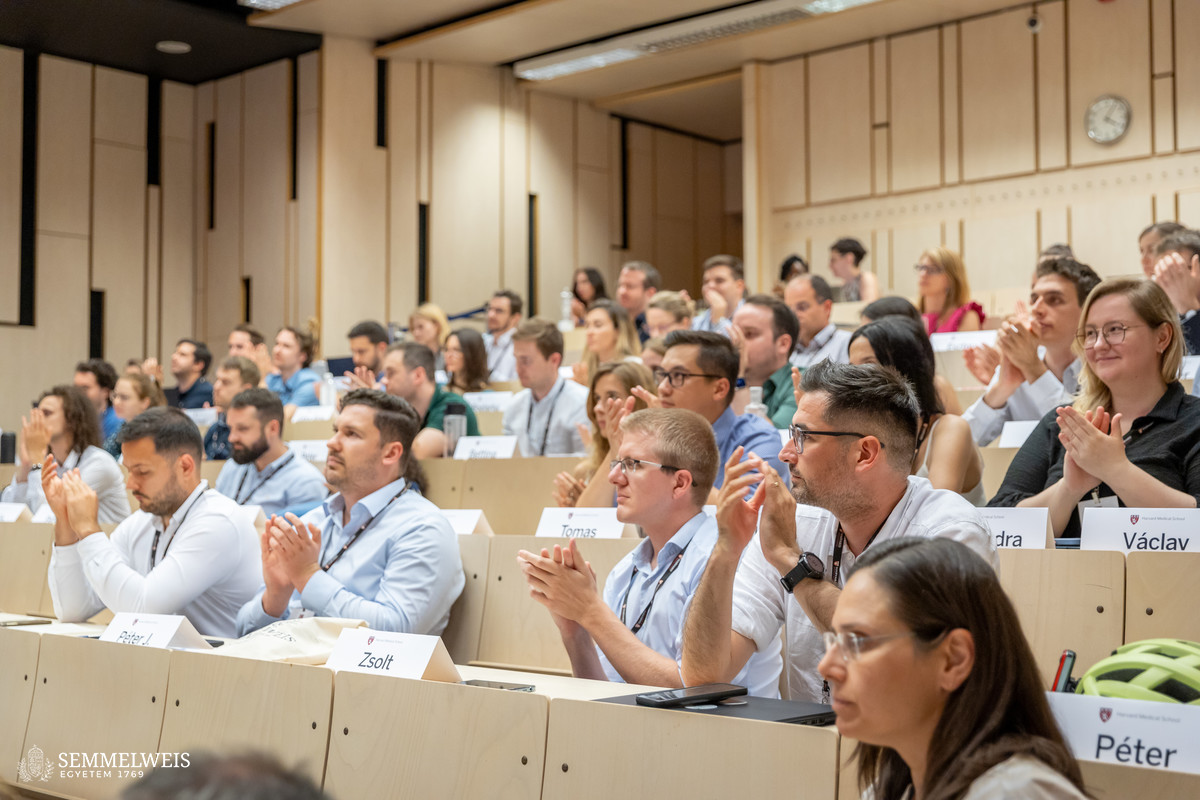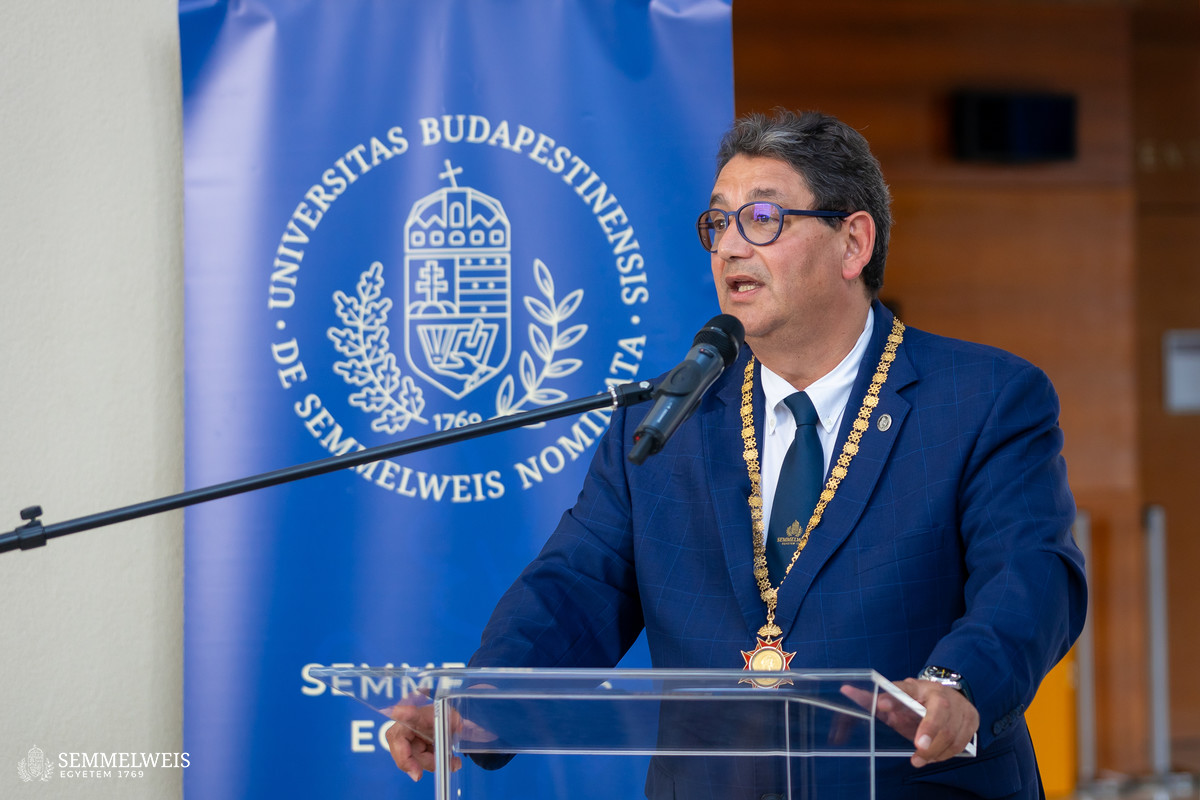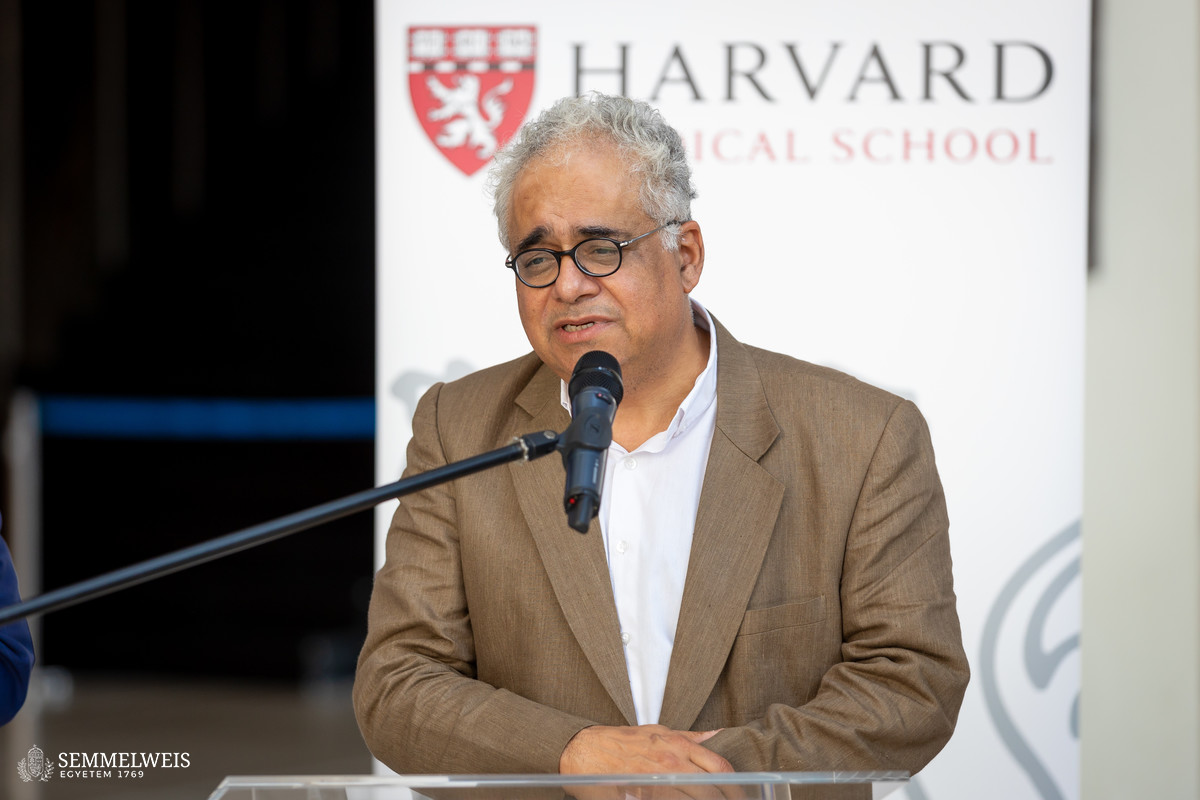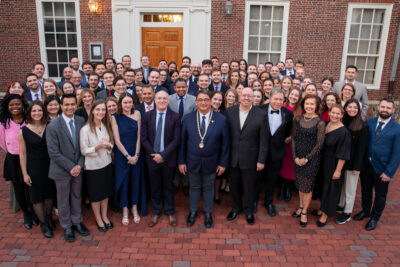Designed for clinicians and clinician-scientists, the program’s curriculum covers topics including biostatistics, epidemiology, biostatistical computing, applied regression, survival analysis, clinical trials, ethics in research, teamwork, and leadership. Seminars on education research and translational research, and electives on cost-effectiveness and decision-making in healthcare are additional examples of topics covered in the program.
The program is anchored by three (two in-person and one online) workshops and is supplemented by two live virtual class sessions, with assessments based on midterm and final exams, formative quizzes, assignments, and a capstone project.
Compared to last year’s cohort of 57 students, the 2024-2025 program has seen an increase in the number of participants: 72 students have been accepted from Bulgaria, China, the Czech Republic, Greece, Hungary, Latvia, Romania, Serbia, and Turkey, 42 of whom are affiliated with Semmelweis University. Half of the participants have already specialized in a field and four-fifths of them have experience in conducting clinical research.
Following brief welcomes by Program Directors Dr. Krisztina Fischer, a research scientist in the Department of Radiology at Brigham and Women’s Hospital, Assistant Professor of Radiology and Faculty Director of Harvard Medical School’s Master of Medical Sciences in Medical Education degree program; and Dr. David Wypij, Associate Professor of Pediatrics at Harvard Medical School and Director of the Statistics and Data Coordinating Center in the Department of Cardiology at Boston Children’s Hospital, after the introduction of faculty and team members behind the program, Dr. Ajay Singh, Senior Associate Dean for Postgraduate Medical Education at Harvard Medical School gave an overview of the CSS program.
The program helps prepare participants to write research proposals and scientific papers, to increase publishing activity. It also helps them become more proficient in statistics and it facilitates the development of soft skills in areas like teamwork and leadership. Through the program, participants gain a peer network of international clinical researchers.
In his opening address, Rector Dr. Béla Merkely referenced the late Edward Teller, an atomic physicist; the late Georg von Békésy, a biophysicist who won a Nobel Prize in 1961; and Katalin Karikó, a biochemist and researcher, best known for her contributions to mRNA technology and the COVID-19 vaccines, as a few examples of renowned Hungarian-born scientists whose work have had global impact.
This program provides participants with a solid body of knowledge that can set the foundations for their future, so the knowledge they acquire here will serve them well throughout their clinical careers. With the support of experts and teaching on the latest methods, you, dear admitted students, are ready to not only open the doors of science even wider but also have the courage and the knowledge to enter them. – Dr. Béla Merkely
“I can only encourage you to remember your oath and use your acquired knowledge to advance science, to heal the sick and those in need, and to promote health – at all times and in all circumstances,” Dr. Béla Merkely concluded.
Judit Szabados-Dőtsch
Photos by Bálint Barta, Boglárka Zellei – Semmelweis University
